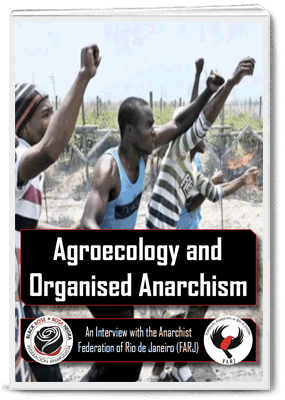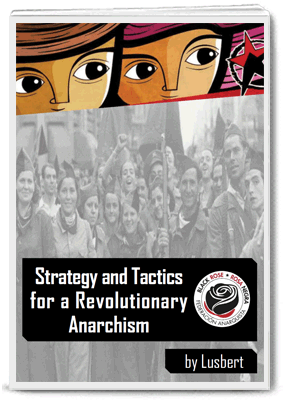
Author: Lusbert
PDF File Size: 381 KB
Download PDF
As COVID-19 continues to spread, triggering an unprecedented global crisis, we need to take up the challenging task of both responding to the urgency of the moment and positioning ourselves for the post-pandemic period, which remains uncertain. This will require a critical engagement with strategy and tactics that are tied to a long-term vision
Written by Lusbert, a libertarian communist based in Spain, Strategy and Tactics for a Revolutionary Anarchism lays the foundation for exploring fundamental questions related to class struggle, building popular power, strategy, assessing the correlation of forces, building a revolutionary program and communications infrastructure — all of which we need to develop if we want to have a meaningful influence over this rapidly changing and disorienting political moment.
Translation by Enrique Guerrero-López and Antonio Spalla
From the website of the
Black Rose Anarchist Federation / Federación Anarquista Rosa Negra
Continue reading “Strategy and Tactics for a Revolutionary Anarchism”

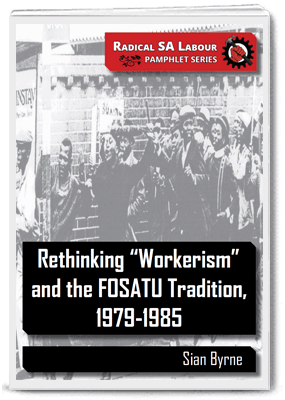
![[Leaflet] The Problems Posed by the Concrete Class Struggle and Popular Organisation: Reflections from an Anarchist Communist Perspective by José Antonio Gutiérrez D.](http://web.archive.org./web/20210413072655im_/https://zabalazabooks.files.wordpress.com/2021/03/leaflet-the-problems-posed-by-the-concrete-class-struggle-jose-antonio-gutierrez-d.gif?w=656)
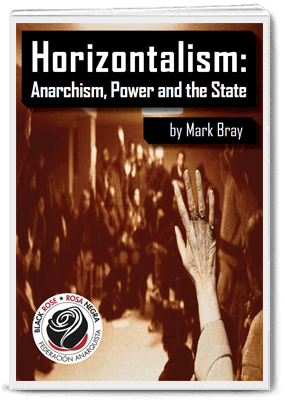
![[Leaflet] The 1973 Strikes and the birth of a New Movement in Natal by Nicole Ulrich](http://web.archive.org./web/20210413072655im_/https://zabalazabooks.files.wordpress.com/2021/03/leaflet-the-1973-strikes-and-the-birth-of-a-new-movement-in-natal-nicole-ulrich.gif?w=656)
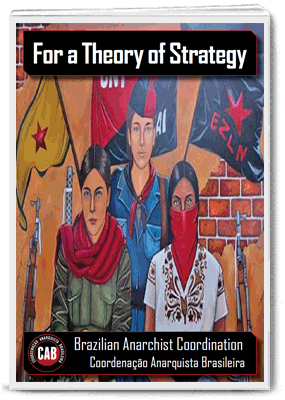
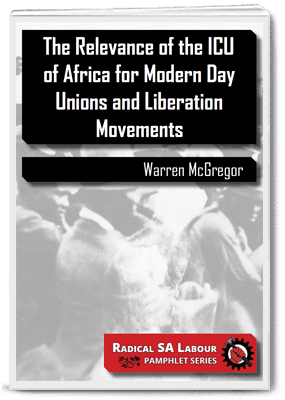
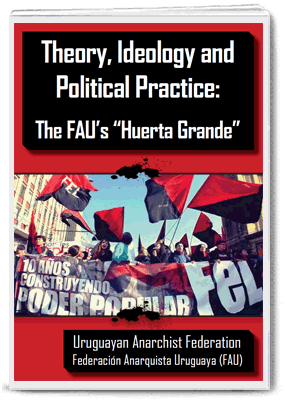

![[Leaflet] Education for Revolution: Anarcho-Syndicalist Pedagogy for South Africa by Mandy Moussouris and Shawn Hattingh](http://web.archive.org./web/20210413072655im_/https://zabalazabooks.files.wordpress.com/2021/03/leaflet-education-for-revolution-mandy-moussouris-shawn-hattingh.gif)
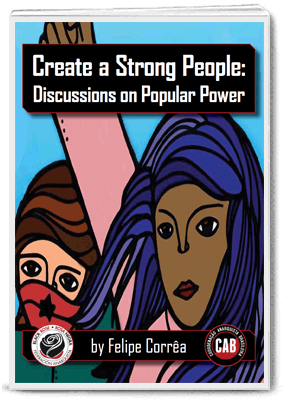
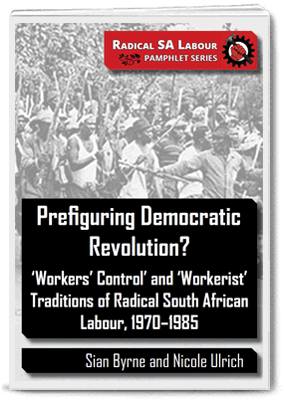 Author: Sian Byrne and Nicole Ulrich
Author: Sian Byrne and Nicole Ulrich![[Leaflet] Broken World, Broken People: We Need a Path to a better Future](http://web.archive.org./web/20210413072655im_/https://zabalazabooks.files.wordpress.com/2021/03/leaflet-broken-world-broken-people-shawn-hattingh.gif)
